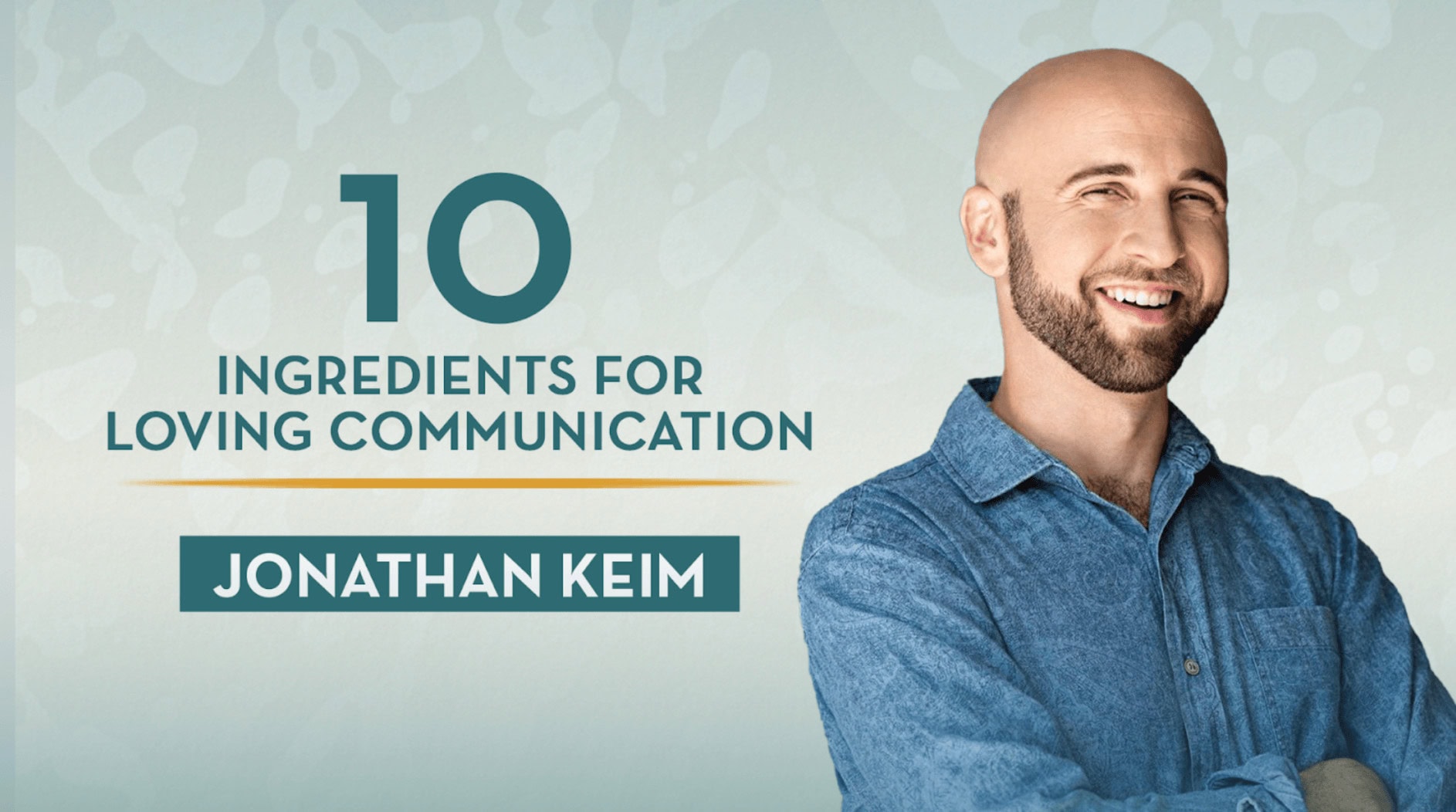When confronted with the discomfort of pain or adversity, there may have been a time when you turned to blame as a temporary solace. At the time, blame may have served as a coping mechanism to navigate the intricacies of the challenging emotions that you were facing. Yet assigning blame to others is harmful, and its repercussions affect your personal growth and the quality of your relationships. Blame can easily become a pattern that nurtures negativity and hinders advancement because it obscures your ability to empathize with others and identify an even higher truth.
The Influence of Blame on Personal Growth
Blame hinders development. It deprives you of an opportunity to learn valuable lessons. When you blame others, you also invite resentment and feelings of powerlessness to yourself and your relationships. Alternatively, taking responsibility for your struggles and setbacks opens the door to resolution and emotional depth. Taking responsibility invites resolution and depth into your relationships and spirit. By taking responsibility, you can make improvements that were not previously available to you.
Being responsible is being able to respond to whatever life gives you, and when your energy is low, you’re not able to respond effectively.
Tony Robbins
Transitioning from Blame to Empowerment
To transition from blame to empowerment, you must first acknowledge your circumstances and claim responsibility. Recognize your part in the situation that has already passed, as well as your current ability to change your life conditions. Embracing accountability for your past and present choices, actions, and their consequences is essential to your personal growth, as well as the growth of your relationships. It provides a foundation for building trust. The process does not entail self-condemnation. Rather acknowledging your influence, in scenarios.
Blaming your circumstances, events, your parents, your partner, other people, or yourself is not conducive to happiness.
Cloe Madanes
Communicating to better understand yourself and others can increase your capacity for empathy, a crucial element in your transformation. Increasing your empathy will help you recognize the emotions and reasons behind the behaviors you blame, whether they are your own or others. This level of comprehension and compassion creates a safe environment for growth and healing.
Shift your focus from blaming your life conditions to changing your life conditions. This will help you transition away from dwelling on past grievances, and into taking proactive steps for yourself as well as those around you. This shift entails setting objectives, embracing challenges, and effectively changing your blueprint to allow for the experience of growth and contribution.
Trying to change things that are not changeable will only make you crazy. Having the courage to change the things you can, which are within yourself, within your family, with the choices you make, and having the wisdom to know the difference, that’s the whole secret to life.
Tony Robbins
Search for a mindset and belief system that empowers you and brings greater meaning and satisfaction to your life. When you build this muscle, you can begin to take greater and greater responsibility for yourself as well as your community and society as a whole. This expansion in thinking naturally prepares you for leadership
If you want to master your ability to help yourself and others move out of blame, and into empowerment, we suggest utilizing strategic intervention techniques. Robbins-Madanes Training will help you delve deep into the complexities of human behavior and relationship dynamics needed to create a positive impact. You will learn how to identify the underlying needs guiding your actions and the most powerful strategies available to bring about positive transformations.
In Conclusion
Shifting from assigning blame to embracing empowerment is a journey that leads to an enriching and empowered existence. It fosters personal growth and sets the stage for leadership. It involves self-reflection, empathy, and dedication to development. By owning up to your actions fostering empathy and focusing on growth you can transcend the constraints of blame. This process boosts your growth and fortifies your relationships enabling you to lead a more purposeful and connected life.


